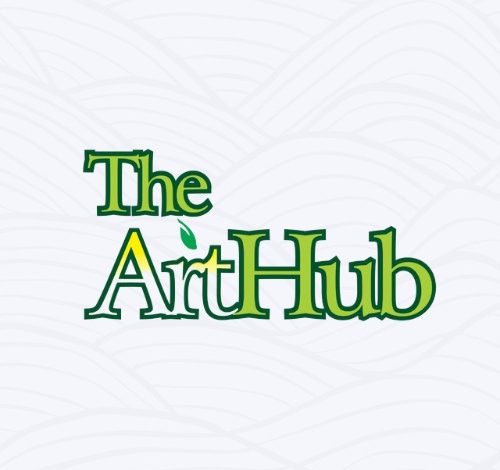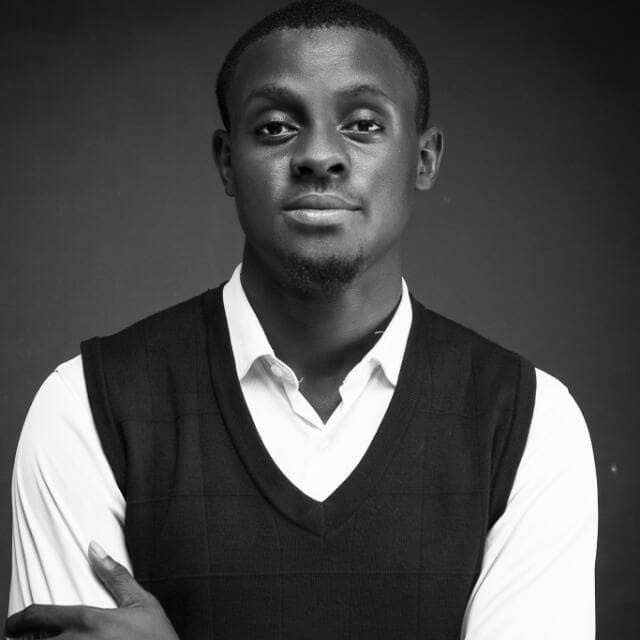The poet in me is speaking to the reality of our times in the voice and temperament that I possess now, says DianaAbasi

…’I look forward to exploring more ways to blend music with my poetry’
By Anote Ajeluorou
On Saturday, April 23, 2022 at Didi Museum, Victoria Island, Lagos, performance poet, Iquo DianaAbasi will unveil her poetry album, Beyond the Staccato, a fine blend of music and poetry, rendered in modern, folkloric format, to her global fans. In this interview, DianaAbasi says she feels compelled to lend her voice to the cause of social change that her country desperately needs to halt the dangerous spiralling down the slope.

What’s Beyond the Staccato album all about? What should listeners expect from it as you launch it this weekend?
THE album Beyond the Staccato is a response to some of the present realities that burden Nigerian citizens. It is at times a desperate cry, and in some instances, it is a call to action.
Listeners can expect to see themselves or their neighbours or family in the verses; they can expect to smile, to reminisce, and maybe experience a sense of urgency – all this as the tracks unfold with different melodic timbre.
You’re a known female poet but you’re venturing into another artistic terrain: music. Has this trait always been there or you just discovered it and decided to flow with it?
Venturing into music is not so new to my work as a performance poet. In the last decade and half, I have performed my poems with Ibibio folklore, often involving my audience by encouraging them to partake in the call and response folklore – much like the griots of times past. In this album, we have some poems that are delivered with a flavour of Ibibio folklore; a few others have soundtracks that suit the tone of the poem, and then you will also find a rendition of soulful music and poetry all in this album. So, yes, singing has always been there, and I look forward to exploring more ways to blend music with my poetry.
How much of your poetry is in this music project? Should we expect more of this from you or you’d go back to your poetry and prose after this? Is there an accompanying book of poems to this album?
Each of the tracks has my poetry, laced with music, as I’ve explained in the last response.
I’d like more music to happen with my poems, but even if it doesn’t, there will yet be more written poems and stories. And it will be my utmost delight to share them with the world in the best ways I am able to at each point in time. There is a new book of poems, but it’s not necessarily accompanying the poetry album.
Of recent, your poetry has tended towards strong social advocacy, almost revolutionary in its activism and urgency. Has this always been in your poetry or perhaps it’s the dawn of a new poetic consciousness you’re exploring?
My first collection Symphony of Becoming has poems that echo social consciousness, even referencing the sad incident of the Ogoni 9, the annulled 1993 election, rising corruption, the then-looming danger of Boko Haram, the sorry state of the (Niger) Delta and the many leaders seeking to outwit us with old tricks.
While I would not describe it as a new poetic consciousness, I will agree that my recent poems about the state of our land have an added urgency to them. It is becoming increasingly difficult to remain calm in a land where rulers send soldiers to a conversation with children. Where the value of the Naira is hurtling downwards at a pace that is more than alarming. Yet the minimum wage remains unchanged; there is little electricity for small and medium businesses to operate. Those in power do not see the need to be accountable to the electorate who voted then into power; young and old are being killed everyday in revenge for cattle, or by “unknown gunmen”, or even by extremists who have been controlling certain parts of the county for over a decade.
And in all this, we have a government. One can only see, hear and experience so much and still continue to cajole or romanticise issues. In any case, the poet in me is speaking to the reality of our times in the voice and temperament that I possess now.
The tribe of female poets seems declining as attested to by Maureen Isaacson, head of PAWA Poetry Prize jury (English category). Why do you think this is so? What are the peculiar challenges female poets currently face?
I do not agree that the tribe of female poets is declining.
While I respect Isaacson’s position at the award ceremony for the PAWA Poetry Prize (English category), I have to say that that prize had specific criteria, (like the fact that the entries had to be available as an ebook), and not having shortlisted entries from females may also have been as a result of insufficient publicity or other factors. The situation would have to be repeated year after year before one can boldly claim that female poets are dwindling.
I think there are many outstanding female poets are in Nigeria. Are they all getting published? Now that would be another tale.
Some female poets have collected works as audio poems, as I am collecting a few of mine in this album. A lot of young poets are also finding expression on the stage.
No, I don’t agree that female poets are reducing in number.
This year, The Nigeria Prize Literature is for poetry catagory. When you look back to 2013 when your book was in the longlist, what feelings come to you? Is your work possibly in consideration for the prize this year?
In 2013 I didn’t really have any hopes when I submitted my collection; it just felt like it was the expected thing to do. So, I was quite thrilled and shocked to be longlisted alongside 10 established and seasoned poets, more than half of who were professors of literature.
Thinking of it now, I feel happy to have made that initial shortlist, given the contenders that year.
We will see what this year holds.

